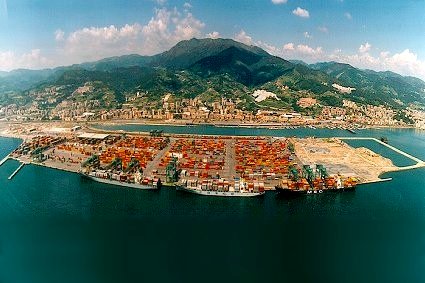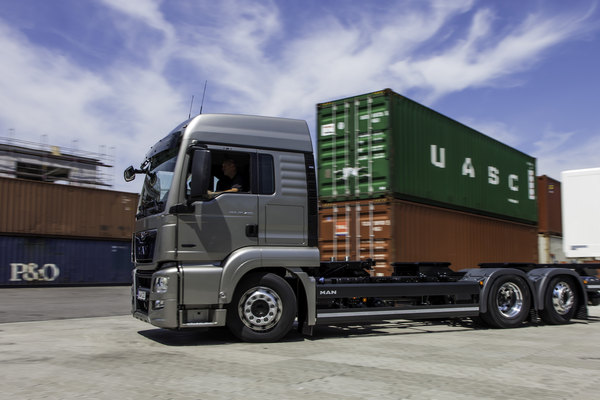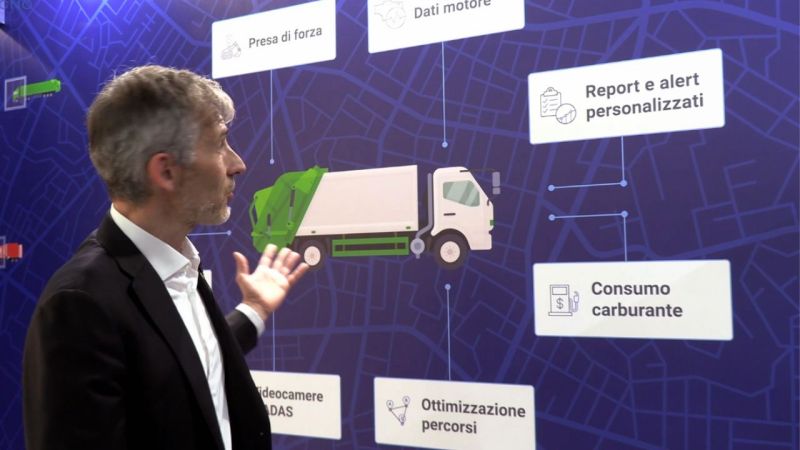On September 4, 2024, China signed an agreement to renew the Tazara railway, an 1,860-kilometer line connecting Zambia’s copper mines to Tanzania’s main ocean port on Africa’s eastern coast. The agreement, reached during the Forum on China-Africa Cooperation, is seen as the largest modernization project for this infrastructure since its original construction in the 1970s, which was supported by the Chinese government under Mao Zedong.
The Tazara railway is a crucial transportation artery for Zambia, Africa’s second-largest copper producer, which uses the line to export copper through Tanzania. With the railway’s renovation, copper exports to China, the world’s largest consumer of the metal, are expected to increase significantly, strengthening economic ties between the two nations. This deal has also been interpreted as China’s response to growing U.S. support for a competing railway project that will link Zambia to Africa’s western coast, heading toward Angola.
The project, valued at over one billion dollars, will be managed by the China Civil Engineering Construction Corp, a Chinese state-owned company that dispatched experts to inspect the railway in December 2023. The Tazara railway was the first major infrastructure project in Africa built with Chinese support. In the 1970s, Zambia faced isolation due to the closed borders of Rhodesia, now Zimbabwe, which blocked access to African ports. In this context, Zambia’s President Kenneth Kaunda sought international financiers to build a new railway line to ensure copper exports. Despite its internal economic challenges, China agreed to finance and build the railway, laying the foundation for a lasting partnership between the two countries.
A key aspect of the current agreement is the public-private partnership model proposed by China for managing the railway. This approach, which emphasizes commercial management of the concession, is a novel concept for Zambia and reflects a shift in China’s approach to foreign infrastructure projects following the failure of some large loans granted under the Belt and Road Initiative.

































































